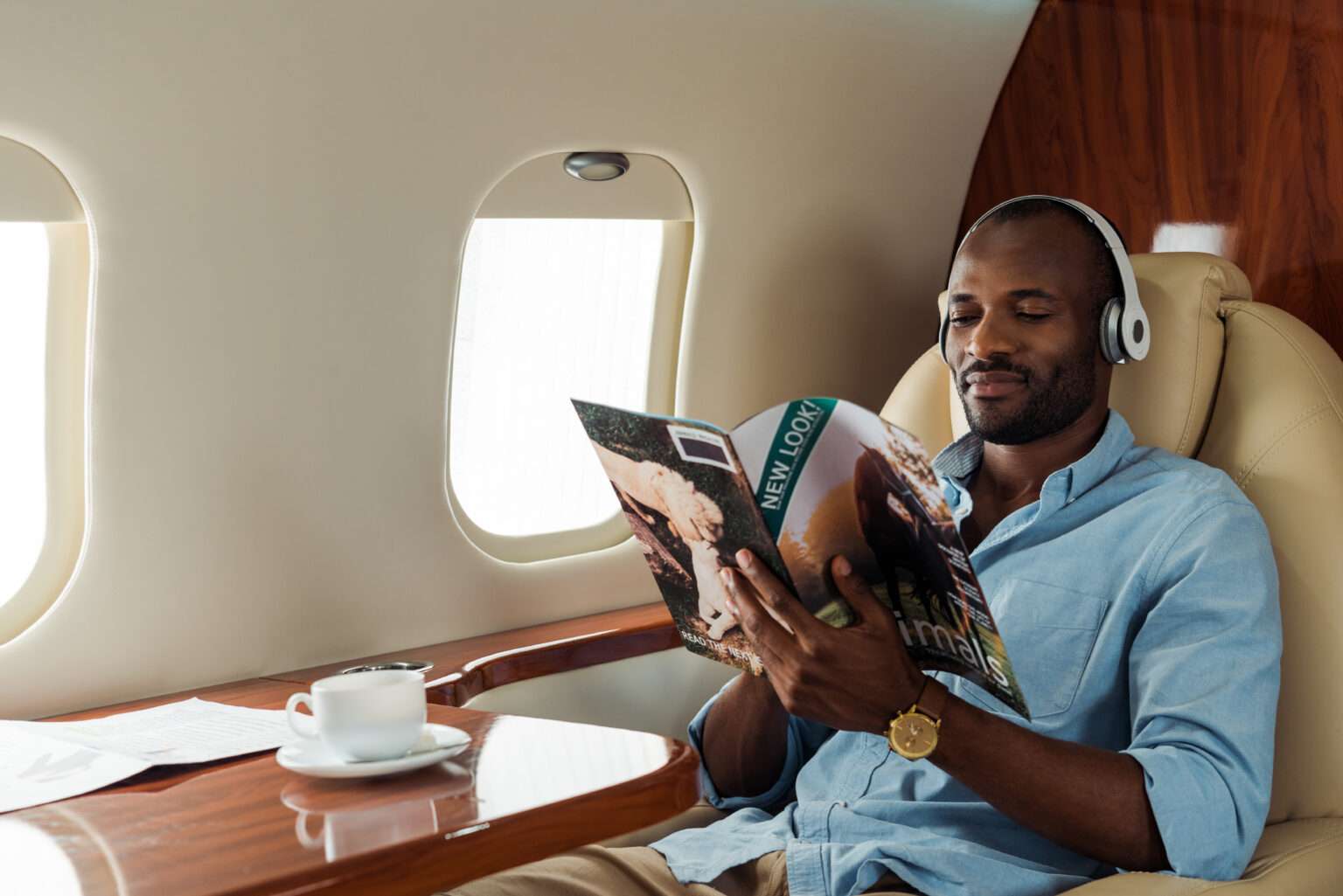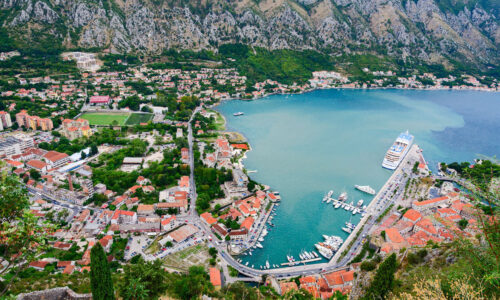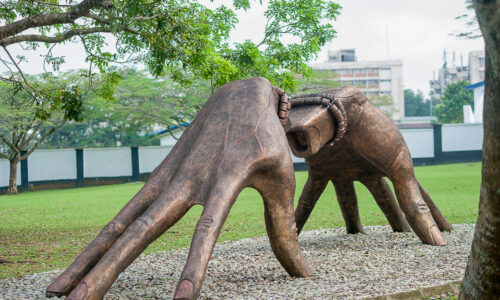- Judith Akatugba
- 0 Comments
- 709 Views
Although it defies logic, we are born travelers. Here’s why it’s time to start your travel plans.
I’ve been making excellent use of my passport recently. I use it to level shaky table legs and as a coaster. It is a fantastic cat toy.
Greetings from the plague of letdowns. Trips that were postponed or canceled out of concern for cancellation. Holidays at the beach, studying abroad years, and family get-togethers. Poof. Vanished. destroyed by a small virus, and the extensive list of nations who refuse to accept US passports.
According to one survey, only one-third of Americans say they have taken a leisure trip over night since March, and only slightly more—38 percent—say they want to do so before the year is up. Around 25% of us want to travel for Thanksgiving, which is usually the busiest travel period. The figures depict our lifeless lives in a bleak way.
Read Also: 5 Tricks for Enhancing Your Natural Beauty
We are not meant to be this inactive. Our DNA make us travelers. According to Christopher Ryan’s book Civilized to Death, “we’ve lived as nomadic hunter-gatherers moving about in small bands of 150 or fewer people” throughout the most of the time our species has existed. Being a nomad was not by happenstance. It served a purpose. Ryan notes, “It’s always an option to move to a neighboring band to avoid brewing conflict or just for a change in social scenery.” In the words of Robert Louis Stevenson, “The great affair is to move.”
But what happens if we are immobile? If we are unable to hunt or collect, what then? What should a tourist do? There are various ways to answer that question. But “despair” is not among them.
Being an adaptable species, we are. We can endure short bursts of forced inactivity. A bit of self-delusion helps. We tell ourselves that we’re not grounded. Like the jobless salesperson between possibilities, we’re only in between journeys. We idle away the days poring over previous trip diaries and Instagram posts. We look at trinkets. Everything here is helpful. for a period of time.
We put on brave masks. The latest issue of Canadian Traveller magazine boldly proclaims, “Staycation Nation,” as though it’s a decision rather than a comfort.
The trade association for the travel industry, the U.S. Travel Association, is starting a nationwide recovery campaign today dubbed “Let’s Go There.” Supported by a partnership of travel-related companies, including hotels, airlines, and convention and visitor bureaus, the project aims to inspire Americans to turn their insatiable wanderlust into real travel plans.
The travel sector is suffering. And so are voyagers. Journalist Joelle Diderich, who lives in Paris, told me recently that she postponed five vacations last spring because she was so consumed by her disappointment that it was almost physically painful.
Living in Kathmandu, my friend James Hopkins is a Buddhist. You would assume he would benefit greatly from the lockdown—a kind of enforced meditation retreat. He did for a while.
But in a recent Skype conversation, James appeared thin and depressed. He acknowledged that he was becoming restless and that he “longed for the old 10-countries-a-year schedule.” He told me that nothing appeared to help. “I just couldn’t change my habits, no matter how many candles I lit or how much incense I burned, even though I live in one of the most sacred places in South Asia.”
We hung up, and I felt glad that my grumpiness had been confirmed. It’s the epidemic, not me. However, I was also concerned. For those of us who are still here, what chance is there if a Buddhist in Kathmandu is going insane?
I believe that travel itself is a source of hope. Wishful thinking is part of traveling. To board a plane for a distant location in the hopes of experiencing the indescribable requires a leap of faith and imagination. One of the few activities we do when we may enjoy the uncertainty of not knowing how things will turn out is travel. There is nothing more forgettable than a journey that proceeds according to plan.
Traveling is not a sensible pastime. It seems absurd to cram yourself into what appears to be a seat only to be propelled at breakneck speed to a far-off location where you are unfamiliar with the local language and customs. everything at significant cost. We would never go far if we took the time to perform the cost-benefit analysis. Still, we do.
That’s one of the reasons I think travel will continue to grow. In actuality, I contend that travel is a necessary industry and activity. It is not necessary in the same sense that grocery shops and hospitals are. In the same way that books and embraces are necessary, travel is necessary. Soul food. We’re enjoying where we’ve been and looking forward to where we’re going as we wait between classes. Maybe it’s Zanzibar, and maybe it’s the campground you’ve always wanted to go to down the road.
Experienced traveler James Oglethorpe, who resides in Virginia, is content to take a moment to sit down and observe “the slow change of light and clouds on the Blue Ridge Mountains.” “I can travel the rest of this world and beyond it with my mind.”
What makes it unique is not the location, but rather what we bring to it and—above all—how we engage with it. The trip or the destination are not what make travel special. It is about discovering what author Henry Miller put it, “a new way of looking at things.” It doesn’t take much to see things from a different angle.
Nobody was more aware of this than Henry David Thoreau, who spent almost the entirety of his tragically brief life in Concord, Massachusetts. There, he saw Walden Pond from every angle imaginable: underwater, from the top of a hill, and around its edges. Occasionally, he would even stoop down and gaze through his legs, astonished by the reversed world. He wrote, “Every storm and every drop in it is a rainbow from the right point of view.”
Neither Thoreau nor we have outgrown the subdued beauty of our dowdy, analog world, nor have we gotten weary of staring at his favorite pond. In fact, the pandemic has made us appreciate it even more. We (the majority of us, at least) don’t like what an atomized, computerized existence looks like. Tokyo’s alleyways; the orchestra section of Lincoln Center in New York City; the bleachers at Wrigley Field in Chicago. These are the places we miss. We are and always will be creatures of location.
Following the September 11 attacks, many people projected that air travel would cease, or at least drastically decline. However, the airlines gradually recovered, and by 2017, they had carried a record four billion passengers. After being temporarily deprived of the wonder of flight, we were even more appreciative of it and learned to live with the discomfort of body searches and pat-downs in exchange for the ability to travel to far places and have meals with other incarnate entities.
We should be aware of the effects of mass tourism on the environment as we hasten to return to the world. It’s time to accept the core principles of sustainable tourism and allow them to direct your travels going forward. Venture off the usual route. Stay longer at your destination. Vacation during the off-season. Make an effort to engage with your community and use your money to help those in need. Think about investing in carbon offsets. And never forget that the goal of venturing outside is to welcome the diversity that contributes to the world’s vibrancy.
Pauline Frommer, a travel expert and radio personality, argues that meeting new people and experiencing other viewpoints is one of the major advantages of traveling.
So go ahead and make travel plans. According to scientists, it’s healthy. Almost as much fun is involved in planning a trip as in taking one. Even just thinking about something enjoyable can be enjoyable in and of itself. Waiting is a reward in and of itself.
I have personally experienced the thrill of planning ahead. Normally not into travel photography, my wife now spends hours on Instagram, staring yearningly at pictures of Balinese rice fields and Alpine lodges. “What’s happening?” One day, I inquired. She answered, “They’re just so incredibly captivating.” “They help me to remember that the world is vast and magnificent.”
I, along with many others, have taken travel for granted. We became entitled and slothful, and that’s never healthy. My buddy and travel writer Tom Swick tells me he used to think that travel was a given. “I look forward to experiencing it as a gift,” he says at this point.











